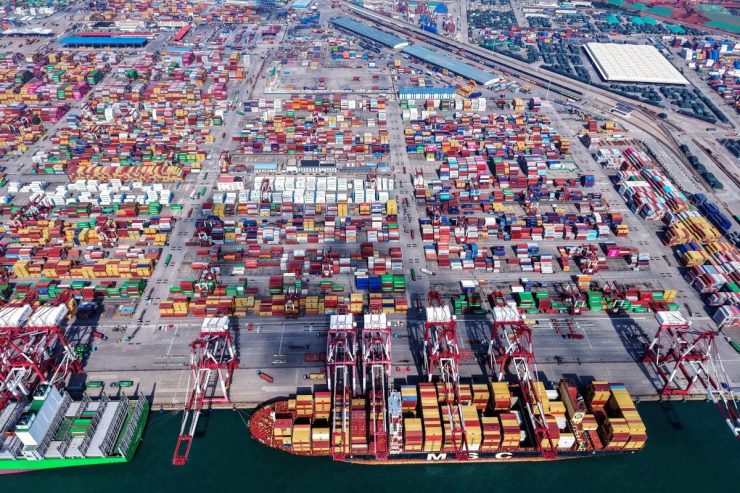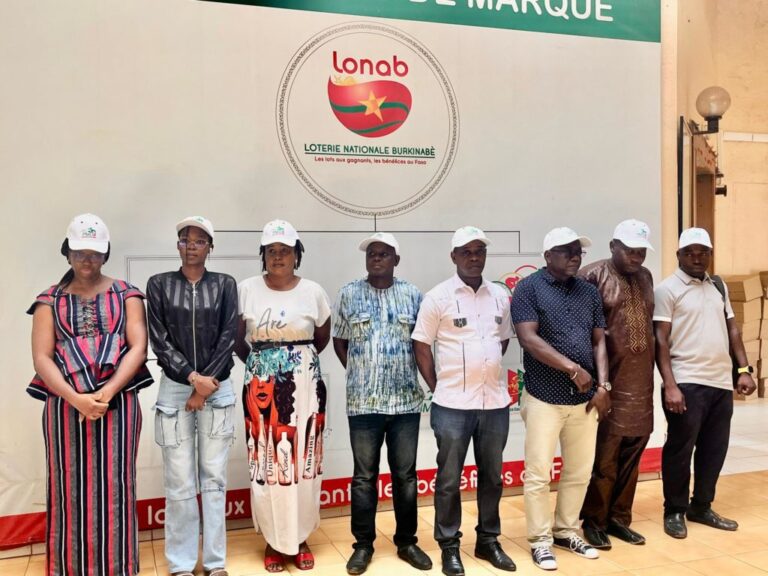
HANGZHOU, Oct. 15 — Amid the hustle and bustle of Yiwu International Trade Market in east China, Egyptian handicrafts trader Hisham El Gazzar was captivated by the dazzling array of goods. “If only my handmade goods could find a place here,” El Gazzar commented.
El Gazzar was among a group of over 60 suppliers of coffee, spices and other goods from African countries and Kyrgyzstan to visit Yiwu, known as “the world’s supermarket,” located in the city of Jinhua in Zhejiang Province, in late September. They were there to tap into the Chinese market and gain e-commerce sales and marketing experience.
“We traveled from across our continent with the spirit of learning, exchange and collaboration,” said Reginald Saria, who produces and exports honey sourced from Tanzania’s natural forests.
China-Africa trade continues to act as a stable anchor in Africa’s trade structure. In 2024, bilateral trade reached 295.6 billion U.S. dollars, setting a new record for the fourth consecutive year.
China has this year decided to extend zero-tariff treatment to 100 percent of tariff lines for 53 African countries with which it has diplomatic relations.
“The policy is great news to me. It is a huge opportunity for our products to be able to compete,” said El Gazzar, noting that he was studying the Chinese market and its business model, and preparing to divert all his focus to China after 23 years of exporting products to Europe and the United States.
“The zero-tariff treatment will definitely pull more competitive African products into China,” said Mao Tianyu, senior program manager of the Office for Asia and the Pacific at the International Trade Centre, noting that African goods are gaining traction.
Thanks to policy support and market demand, many domestic enterprises expect to deliver more African products to the Chinese market. Among them is Merit Link, which operates a platform that has spent years helping Chinese small and medium-sized enterprises (SMEs) export, brand and localize.
“We are planning to reverse the flow in the near future. Buoyed by the zero-tariff policy, we will open a dedicated lane for African food and agricultural exporters,” said Steven Xu, chairman of Merit Link.
China-Africa trade is undergoing a profound transformation from a traditional resource-based model to one that is more diversified, high value-added and technology-intensive, according to the Blue Book of China-Africa Economic and Trade Cooperation: Development Report (2025).
Agricultural trade between China and Africa is transitioning from raw material exports to processed goods, cooperation in digital and technology-related services is gaining traction, and cross-border e-commerce is playing a growing role alongside traditional trade channels, said the document.
“We are excited to explore e-commerce strategies and business models, and China’s experience in creating opportunities for SMEs,” said Saria from Tanzania. His words were echoed by many African traders who told Xinhua that they wanted to explore China’s e-commerce and open stores online.
As many African firms still lack the capacity to meet demand, Mao called for deeper supply-chain and e-commerce cooperation to give African firms a wider global reach.
“The knowledge, skills and networks we are gaining in China are seeds that we must plant when we return home,” said Saria. “Africa is open for business. I warmly welcome Chinese buyers and investors to engage with African entrepreneurs in building lasting, mutually beneficial collaborations.”
“This gathering is proof that when China and Africa come together, amazing things happen. Through cooperation, we can unlock enormous potential and build a future where both our peoples thrive,” Saria added. (Xinhua)
Post Views: 34










